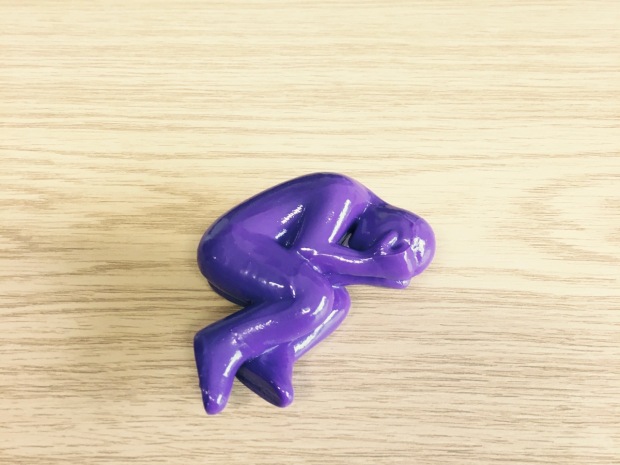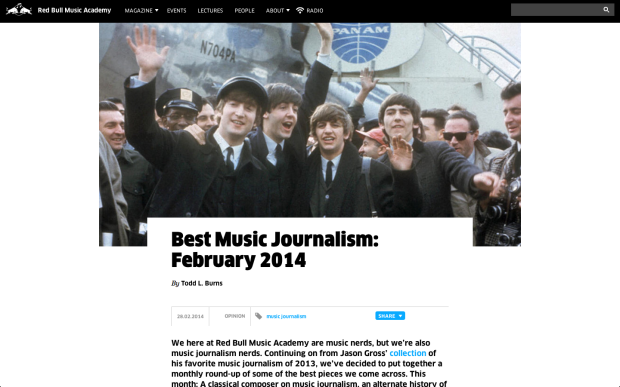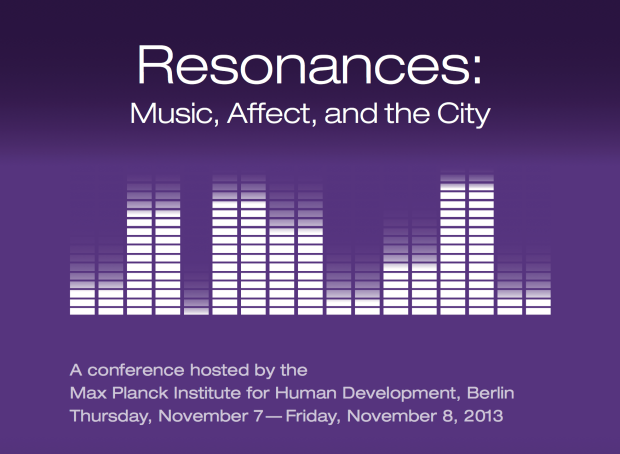
 t’s been ages since I’ve posted on here, and I’m both saddened and frustrated that it’s taken the anniversary of the Pulse Orlando massacre for me to get back to writing about these sorts of issues. The shootings at Pulse, a gay club in Orlando, Florida, USA, took place exactly one year ago, when I was working on a book manuscript about intimacy, belonging, and affect on the (electronic music) dancefloor. As the summer went on and the shockwaves from the attack continued to reverberate within queer Latinx/QTPoC, I found myself writing a very different epilogue to the book than I had planned. I’m still putting the finishing touches on the manuscript, but I thought I would share an excerpt from the epilogue, which recounts the aftermath of the Pulse shooting and begins to reflect on what that might mean for queer public intimacy, shared risk/trauma, and historiography.
t’s been ages since I’ve posted on here, and I’m both saddened and frustrated that it’s taken the anniversary of the Pulse Orlando massacre for me to get back to writing about these sorts of issues. The shootings at Pulse, a gay club in Orlando, Florida, USA, took place exactly one year ago, when I was working on a book manuscript about intimacy, belonging, and affect on the (electronic music) dancefloor. As the summer went on and the shockwaves from the attack continued to reverberate within queer Latinx/QTPoC, I found myself writing a very different epilogue to the book than I had planned. I’m still putting the finishing touches on the manuscript, but I thought I would share an excerpt from the epilogue, which recounts the aftermath of the Pulse shooting and begins to reflect on what that might mean for queer public intimacy, shared risk/trauma, and historiography.
I learned of the Orlando massacre right after returning home to Birmingham after a week spent teaching at a summer school in Prague. After the plane landed (more…)

 ed Bull Music Academy has posted their roundup of
ed Bull Music Academy has posted their roundup of 
 o, last week, an article of mine was published on Resident Advisor, entitled “
o, last week, an article of mine was published on Resident Advisor, entitled “
 ast week, I organized a two-day conference here in Berlin, which took the affective dimensions of urban soundscapes as its central theme. Running November 7th–8th at the
ast week, I organized a two-day conference here in Berlin, which took the affective dimensions of urban soundscapes as its central theme. Running November 7th–8th at the 
 he image of the industrial economy as a great machine oiled by the sweat and blood of its workers has been a common trope for Marxist and anti-capitalist writers. Much has changed since the industrial revolution inspired such metaphors, but the costs of lubricating social processes remains a relevant issue in these post-industrial, accelerated, and uncertain times. Based on the last two decades of social and cultural studies, one could gather that the world we live in is becoming increasingly fluid (Bauman) and mobile (Urry). But what enables social and cultural “matter” to flow at increasing rates?
he image of the industrial economy as a great machine oiled by the sweat and blood of its workers has been a common trope for Marxist and anti-capitalist writers. Much has changed since the industrial revolution inspired such metaphors, but the costs of lubricating social processes remains a relevant issue in these post-industrial, accelerated, and uncertain times. Based on the last two decades of social and cultural studies, one could gather that the world we live in is becoming increasingly fluid (Bauman) and mobile (Urry). But what enables social and cultural “matter” to flow at increasing rates?
 a Mission has been a big part of my life here in Berlin since last summer, but strangely enough it’s taken me nearly a year to get around to writing about it on this blog. Maybe I wanted to wait until the first round of multimedia craziness emerged from this performance art collective / music label / magazine, before I started crowing about it. Maybe I was too shy about discussing my own creative work. No, wait…I remember why: I was on the academic job market last fall, which meant that I got nothing else done.
a Mission has been a big part of my life here in Berlin since last summer, but strangely enough it’s taken me nearly a year to get around to writing about it on this blog. Maybe I wanted to wait until the first round of multimedia craziness emerged from this performance art collective / music label / magazine, before I started crowing about it. Maybe I was too shy about discussing my own creative work. No, wait…I remember why: I was on the academic job market last fall, which meant that I got nothing else done.
 ikes! It’s been embarrassingly long since I last posted something on here. If you’re still reading, thanks for not abandoning this blog out of boredom. As you might have guessed, things have been very, very, very busy over the last few months. The last major post I had put on here had been about all of my troubles getting a !@#$ing residency permit for Germany, and I’m happy to state that this has been more or less resolved—although not precisely in the manner I had intended.
ikes! It’s been embarrassingly long since I last posted something on here. If you’re still reading, thanks for not abandoning this blog out of boredom. As you might have guessed, things have been very, very, very busy over the last few months. The last major post I had put on here had been about all of my troubles getting a !@#$ing residency permit for Germany, and I’m happy to state that this has been more or less resolved—although not precisely in the manner I had intended.
